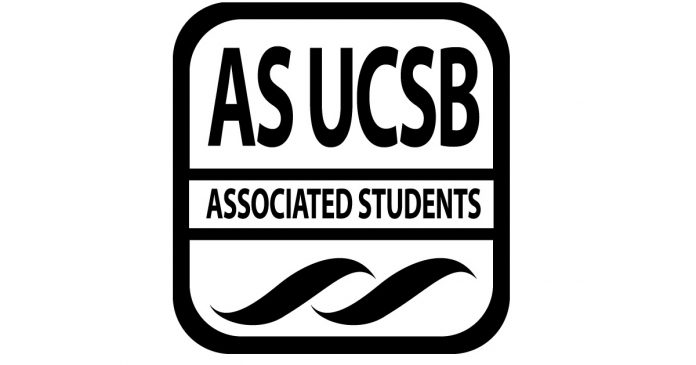Alexandra Wishowski
Isla Vista Beat Reporter
The UC Santa Barbara (UCSB) Associated Students (AS) Senate recently passed a bill raising the honorarium of appointed and elected officers which was co-authored by Senator Esmeralda Quintero-Cubillan and Senator Emanuel Roman.
“An honorarium is the salary senators
and officers receive at the end of each quarter…”
An honorarium is the salary senators and officers receive at the end of each quarter in return for their service to the student body and the university. Currently, UCSB’s student government is one of the most funded across the UC System, with $211.59 per quarter – or $634.77 per year – in student fees included in undergraduate tuition going toward AS operations.
Honoraria values are capped, meaning that the bill will not automatically entitle senators and officials to the increased amounts when it goes into effect during the 2021-22 school year. Additionally, each recipient’s quarterly performance would be evaluated to ensure payments, and recommendations are justified by their labor.
“Such highest-ranking official(s) of each Board, Commissions, Unit (BCU); Senate and Senate’s standing committee’s; and offices within the Executive Branch and Judicial Council shall submit a report on behalf of the entity detailing the individual work completed by each entity’s members by week seven,” reads the bill.
A total of 75 percent of the requirements assessed for receiving honoraria include attending Senate meetings and engaging at committee meetings, holding office hours, and participating in Senate group projects. The remaining 25 percent of the performance review is based on authoring legislation, being an active member of the Senate, and performing any other duties outlined in the AS Constitution or bylaws. All officials must also take a minimum of six units per quarter and maintain at least a 2.0 GPA.
The Honoraria Committee reviews each request for the quarter. After discussions with committee chairs and approval from the Legislative Council, the members conclude if the officer or senator has sufficiently completed their responsibilities. If the committee determines that the officer’s effort doesn’t justify the proposed salary, it will recommend a reduction or removal.
According to section four of the new bill, general-appointed officials will be eligible for up to $300. Appointed chairs and vice chairs of any BCU office within the executive branch and judicial council will be capped at $450 per quarter, while senators will not receive an amount greater than $600 per quarter.
The previous capped amounts, which are outlined in the 2020-21 AS Legal Code, were previously $200 for general-appointed officials, $350 for BCU’s within the Executive Branch and Judicial Council, and $400 for senators. This amounts to an approximate 50 percent increase for senators and general-appointed officials, while the honorarium for BCU officials is increased by approximately 28 percent.
“Senator Quintero-Cubillan and Senator Roman intend for the $100 increase from leftover funding to make AS more accessible to underrepresented students…”
Senator Quintero-Cubillan and Senator Roman intend for the $100 increase from leftover funding to make AS more accessible to underrepresented students from marginalized backgrounds at UCSB, where insufficient compensation can be a barrier to participating in extracurricular activities. According to the bill, past attempts to lower the cap for honoraria have prevented many students from pursuing and exploring opportunities offered by AS.
“I feel like increasing how much the student officials make would be a good thing because they are putting in time and effort on top of school and potentially other things like a job or internship,” said Hannah Morris, a fourth-year communication major.
“It’s a good thing to compensate people for their work, especially students who are doing the most,” she continued.
Students interested in getting involved with AS at UCSB can apply for open leadership or membership roles in its committees and can also look for information about running for a senate position for the 2022-23 school year during the winter quarter.











